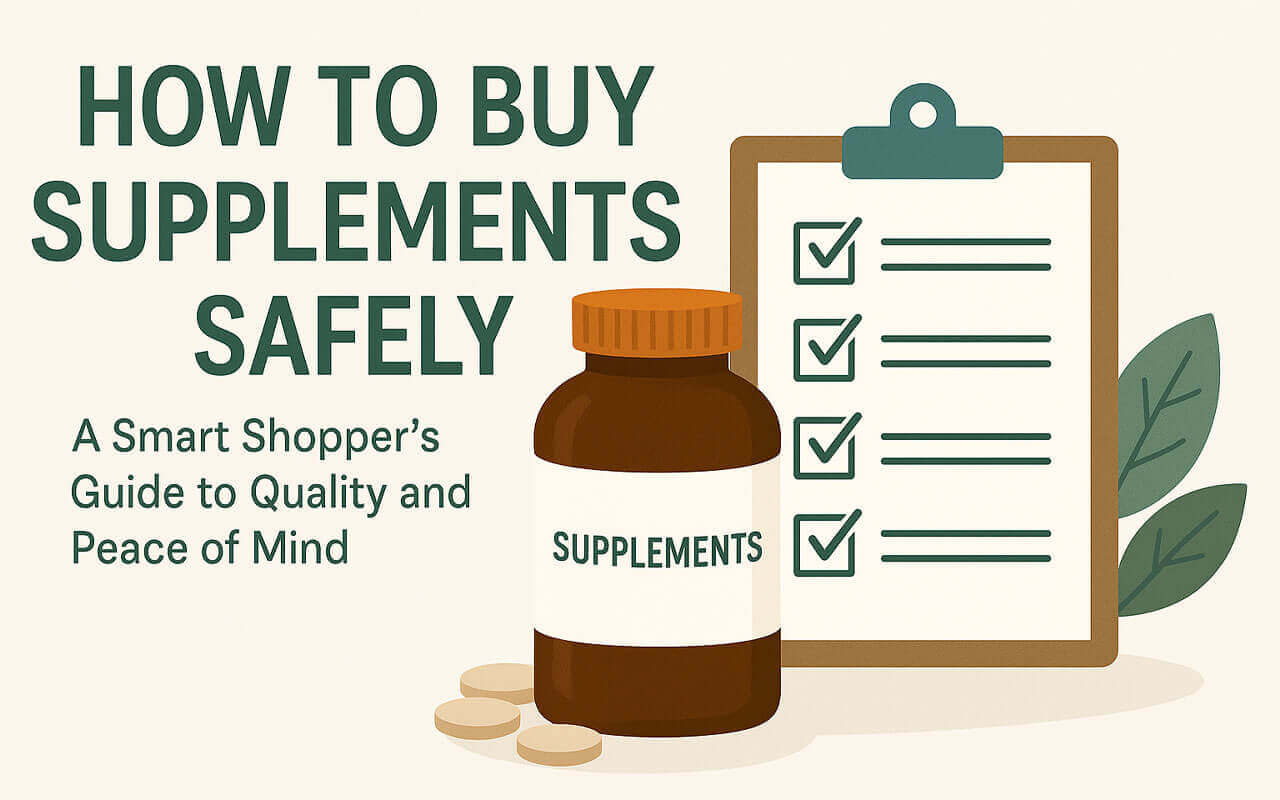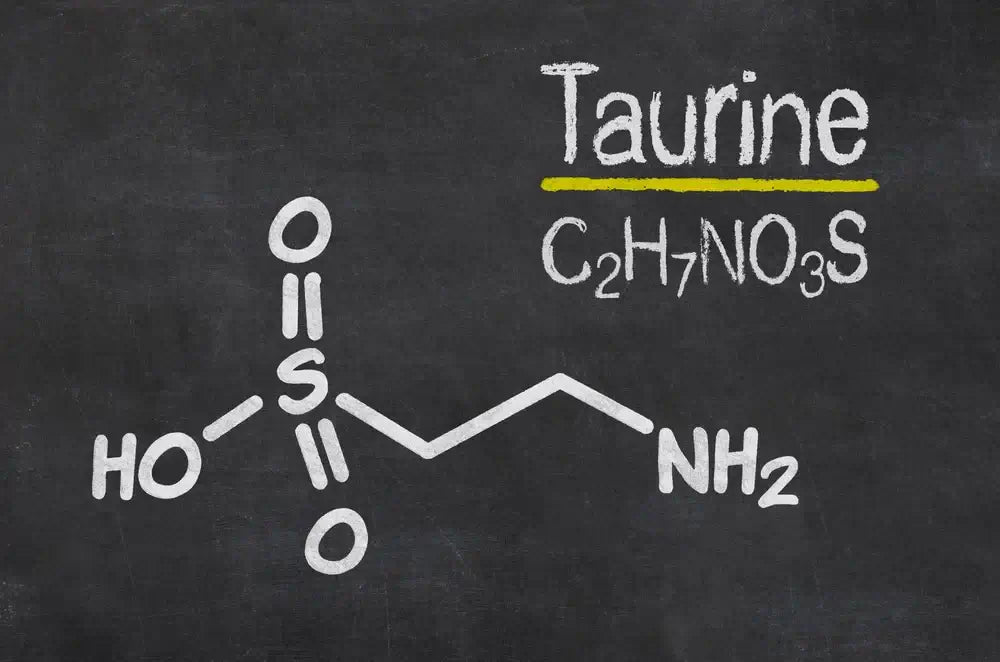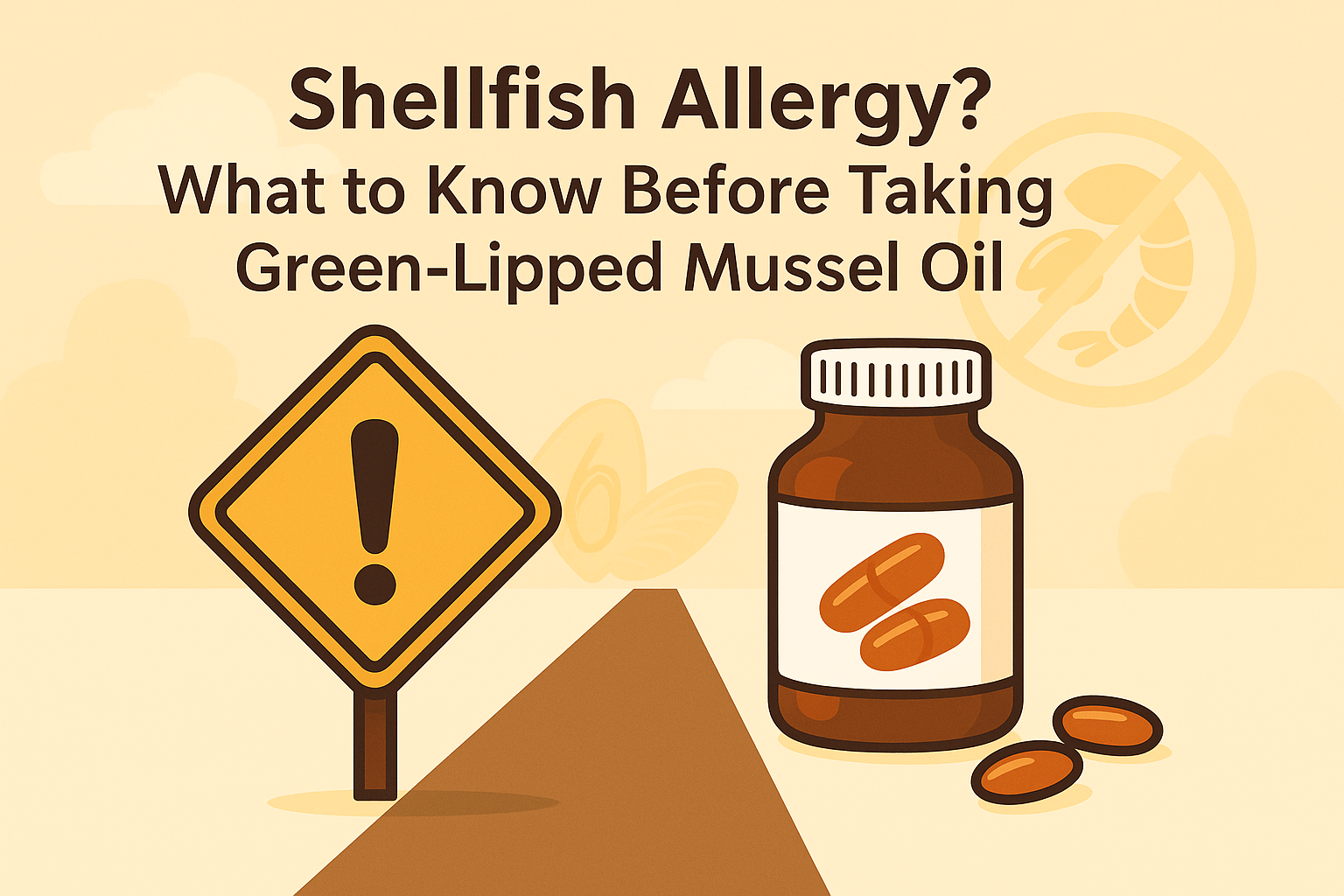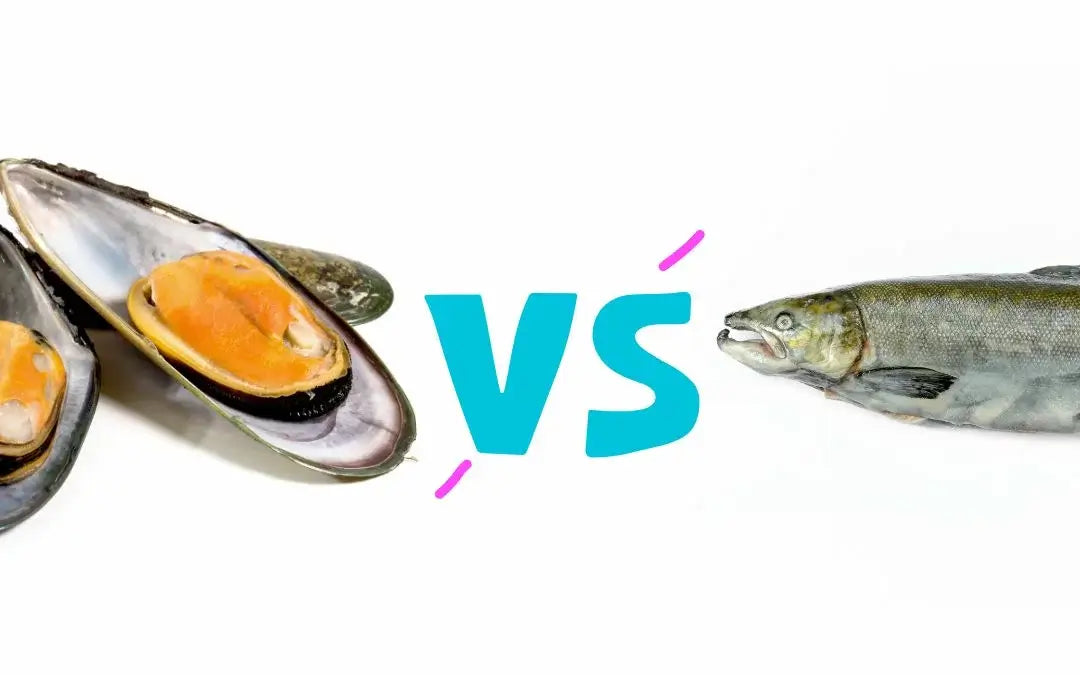How to Buy Supplements Safely: A Smart Shopper's Guide to Quality and Peace of Mind

If you've ever stared at a wall of supplements wondering which one to trust… you're not alone.
The truth is, buying dietary supplements isn't as straightforward as it should be. With flashy labels, big promises, and a market full of options, it’s easy to feel overwhelmed. And unlike prescription medications, most supplements are not reviewed by the FDA before hitting the shelves.
That means it's up to you — the consumer — to ensure you're buying something that’s not only effective but safe.
In this guide, we’ll break down how to buy supplements safely, especially if you’re looking for natural ways to support joint health or reduce inflammation. We’ll cover third-party testing, label red flags, and how to research ingredients like omega-3s and green-lipped mussel oil — an under-the-radar joint health superstar.
Why Supplement Safety Matters
Unlike medications, dietary supplements are regulated as food. That means:
No FDA approval is required before they’re sold.
Companies are responsible for the safety of their own products.
The FDA usually steps in after a problem arises.
In other words, not all supplements are created equal — and not all are tested for what’s actually inside the bottle. Independent studies have found some supplements contain hidden ingredients, inaccurate dosages, or harmful contaminants like heavy metals or bacteria.
This is why learning how to evaluate supplements properly is so important.
1. Look for Third-Party Testing and Certifications
One of the most important things to check is third-party testing — when an independent organization verifies the supplement's quality, safety, and purity.
Here are the most trustworthy certifications to look for:
NSF Certified: Confirms that the supplement contains what it says it does, with no harmful contaminants.
USP Verified: Tests for ingredient purity, potency, and proper manufacturing.
GMP (Good Manufacturing Practices): Ensures consistent product quality and clean, well-controlled facilities.
These certifications don’t guarantee the supplement will work for you — but they’re a critical first filter for avoiding unsafe or low-quality products.
2. Read the Label (And Know What to Look For)
Not all labels are created equal. A safe, high-quality supplement will clearly list:
✅ The Supplement Facts panel (with ingredient amounts)
✅ The name and address of the manufacturer
✅ All inactive ingredients (like fillers or capsule materials)
✅ Usage instructions and warnings
✅ An expiration or "best by" date
🚫 Avoid products that use vague “proprietary blends” (which hide ingredient dosages), or make unrealistic promises like "cures joint pain in 7 days!"
3. Research the Ingredients — Especially for Joint Health
Once you’ve checked for quality, dig into the ingredients. Not every “trending” supplement has science to back it up.
For joint health, some of the most researched natural options include:
Omega-3 fatty acids (EPA & DHA): Found in fish oil, krill oil, and green-lipped mussel oil, omega-3s are proven to reduce inflammation and joint stiffness, especially in rheumatoid arthritis.
Turmeric (curcumin): Has anti-inflammatory effects but needs the right formulation for absorption.
Green-lipped mussel oil: A lesser-known but powerful source of omega-3s with added joint-supporting nutrients like ETA and chondroitin sulfate.
👉 What makes green-lipped mussel oil different?
It contains not just EPA and DHA, but a wider spectrum of marine-based anti-inflammatory compounds. Clinical studies show it may be even more effective than traditional fish oil for joint support — and with fewer capsules needed.
4. Know Where It’s Sourced (Transparency Is a Good Sign)
A high-quality supplement company will tell you exactly where their ingredients come from and how they’re tested. For example:
Are marine oils tested for mercury, PCBs, or heavy metals?
Is the product made in a GMP-certified facility?
Do they publish Certificates of Analysis for each batch?
Can they trace their ingredients to the source?
A top-tier example is GLX3, a green-lipped mussel oil supplement that’s:
Sourced from the pristine waters of New Zealand
Tested for heavy metals and environmental toxins
Fully traceable down to the boat and harvest date
Free of fillers, binders, or synthetic additives
It's a gold standard in transparency and safety — the kind of model you want to look for, no matter what supplement you’re considering.
5. Watch Out for Red Flags and Hype
It’s easy to get pulled in by glowing reviews or eye-catching claims. But some are more marketing than science.
Here’s what to watch for:
🚩 "100% Natural", "Doctor Recommended", "Pharmaceutical Grade" — these terms are often unregulated and don’t mean much without context.
🚩 Lack of contact info or vague company details
🚩 No mention of third-party testing or sourcing
🚩 Claims to “cure” diseases — that’s a major red flag
Trust your gut. If a product seems too good to be true, it probably is.
6. Where You Buy Matters
Always purchase supplements from reputable sources:
The official brand website
A major pharmacy or health retailer
Amazon — but only from the brand’s verified store
Avoid third-party sellers or deeply discounted "gray market" versions. Counterfeit or expired supplements are a growing problem — and they often look identical to the real thing.
7. Use a Safety Checklist Before You Buy
Here’s a quick checklist to run through before hitting “Add to Cart”:
✅ Third-party tested (NSF, USP, or equivalent)
✅ Made in a GMP-certified facility
✅ Full transparency on ingredients and sourcing
✅ No proprietary blends or hidden dosages
✅ Realistic claims — no miracles
✅ Safe, researched ingredients in appropriate dosages
✅ Sourced sustainably and ethically
✅ Trusted seller or brand website
✅ Clear expiration date and safety seals
Final Thoughts
There’s no need to play supplement roulette. Once you know what to look for — and what to avoid — buying supplements becomes simple and stress-free.
Whether you’re looking for a multivitamin or a targeted joint health solution, do your homework. Check for testing, read the label, and choose brands that are honest and transparent.
And if you’re exploring omega-3s for inflammation or joint pain, consider looking into green-lipped mussel oil. It’s a uniquely powerful and sustainable option — and when sourced and tested properly (as in the case of GLX3), it can offer incredible support with peace of mind.












